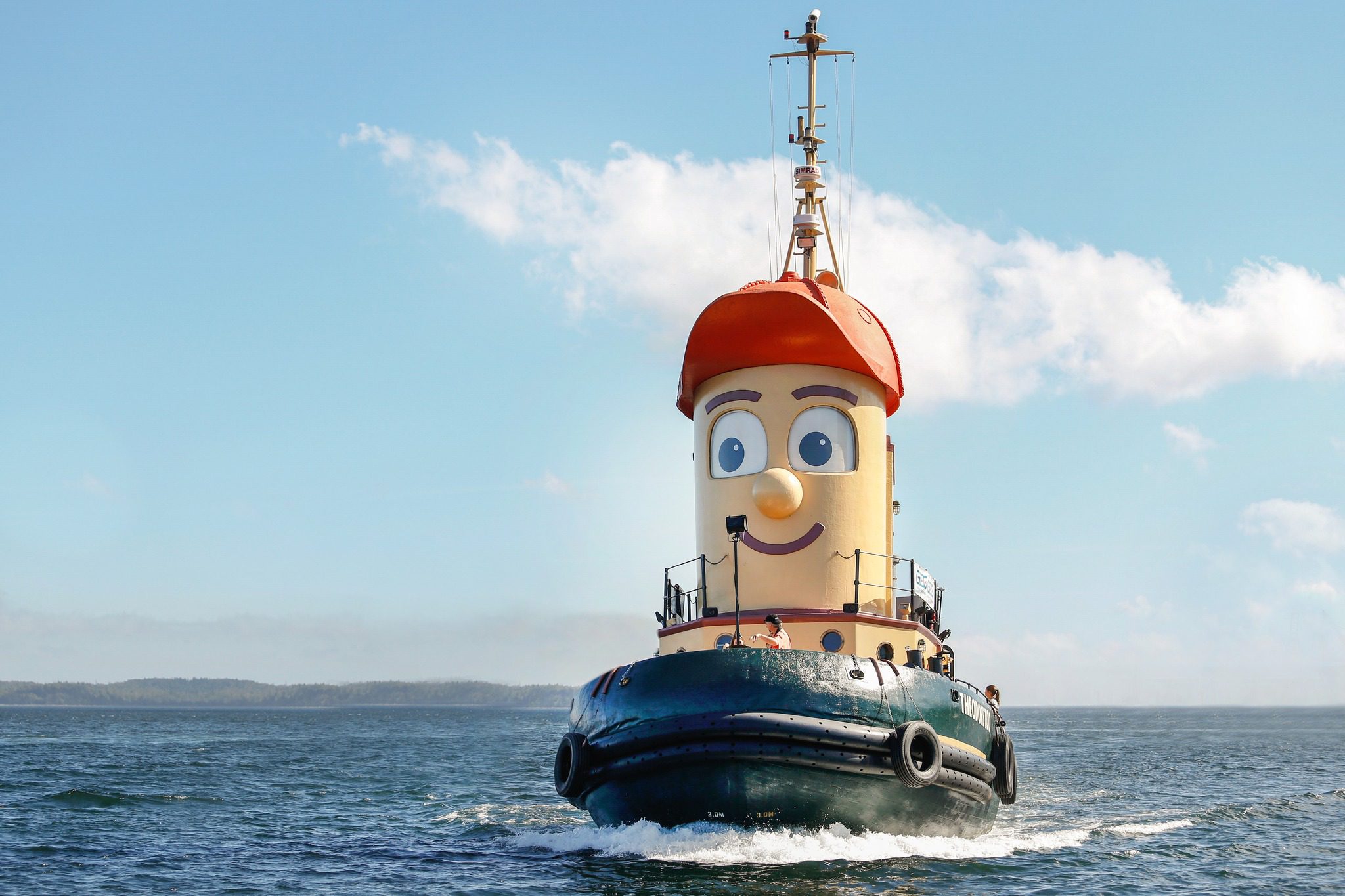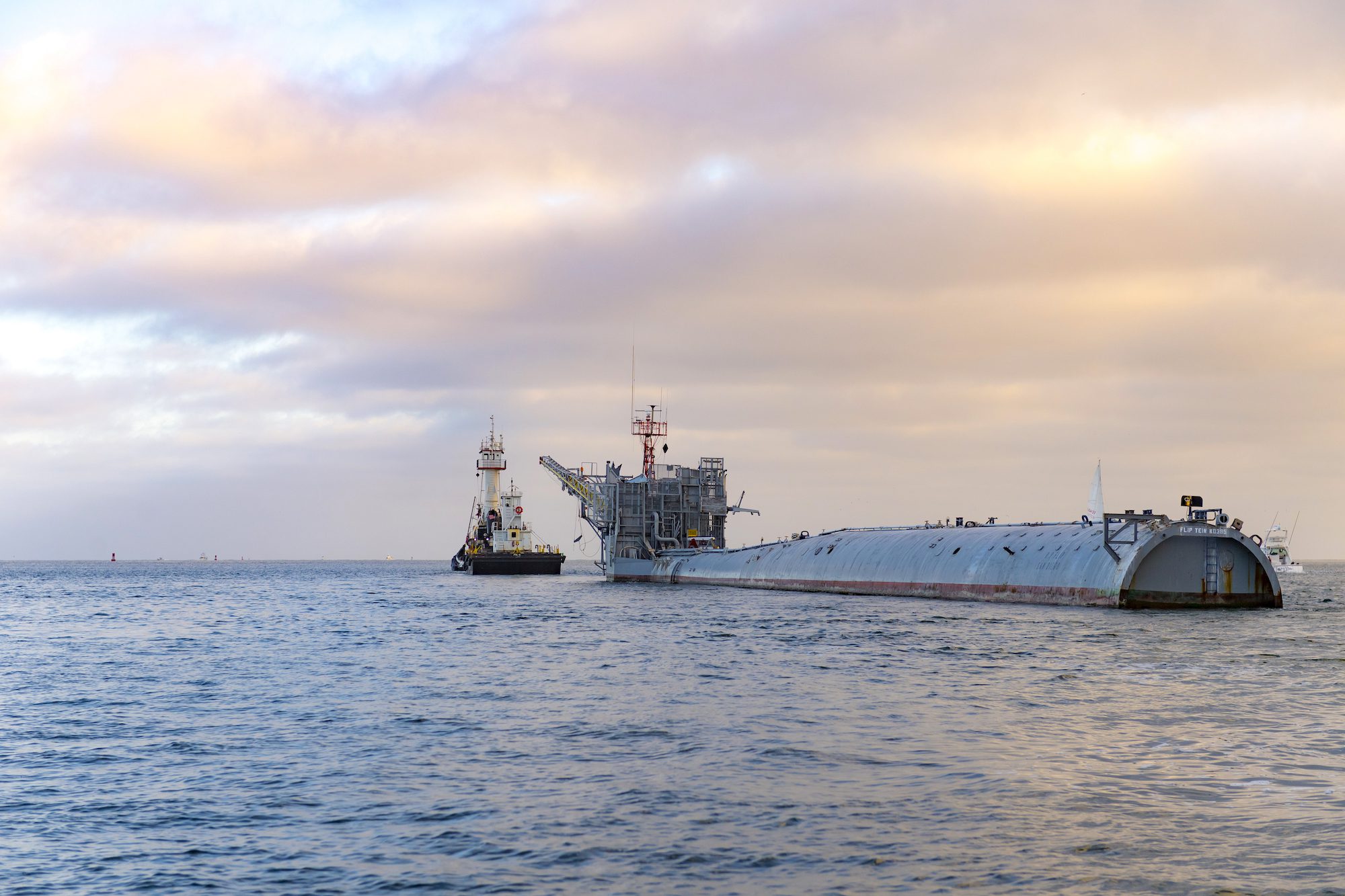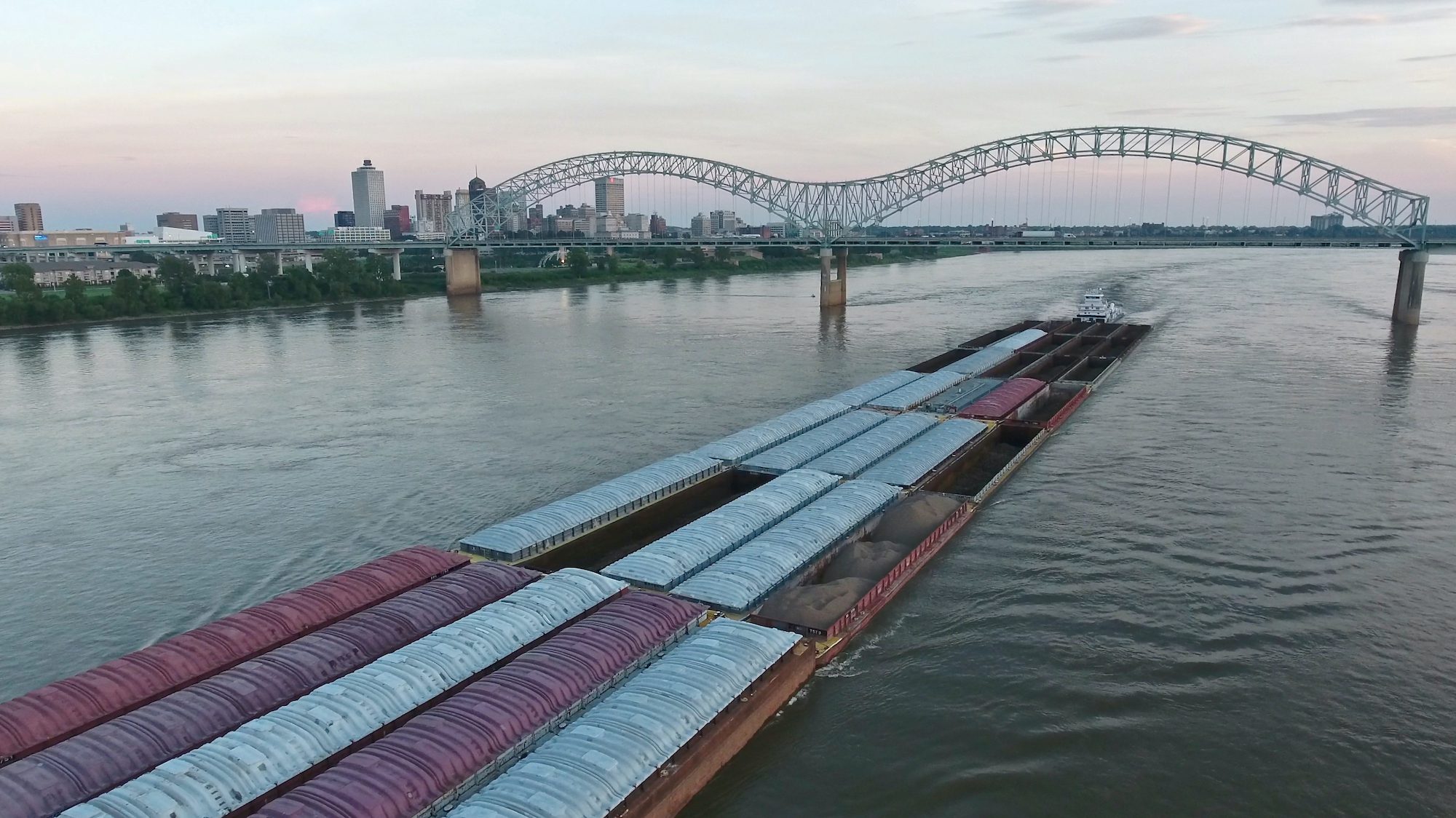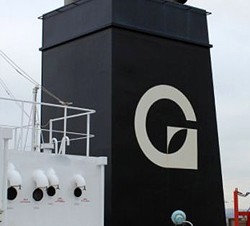 The shipping industry is under pressure to comply with ever stricter environmental regulations and, with oil more expensive than ever, to reduce fuel costs. Lloyd’s Register‘s Nick Brown talks to Bergen-based Gearbulk Norway about the future of shipping.
The shipping industry is under pressure to comply with ever stricter environmental regulations and, with oil more expensive than ever, to reduce fuel costs. Lloyd’s Register‘s Nick Brown talks to Bergen-based Gearbulk Norway about the future of shipping.
Gearbulk is the world’s largest operator of open hatch, gantry craned ships – general cargo ships primarily designed for transporting forestry products. And it has led the way in evolving the designs of its ships. The ships’ large cargo holds allow for an efficient stowage and flexibility of cargo type. Gearbulk seeks to maximise cargo opportunities. It has invested in the capability to support other niche trades such as liquid pitch and orange juice.
The company is always discussing the next generation of Gearbulk ships. “Right now, for example, we are looking at different engine and hull performance monitoring systems on our newer vessels,” says Sjur Gjerde, Managing Director of Gearbulk Norway.
“There are huge savings to be made, better hull forms, better engines – but we need to be able to measure performance – so many claims are being made about performance by suppliers. We want to tie yards and suppliers to the mast on their claims for efficiency gains. Half of the salesmen walk away when we say this – but we can work with the others.”
But things are moving in the right direction. “Over recent years the industry had to face a ‘take it or leave it’ situation when ordering new vessels in terms of accepting yard standard volume design. Now we are seeing yards trying to grab competitive advantage by offering more fuel-efficient ships – especially in Japan – and we are seeing the potential for soft funding for environmentally efficient ships, those with a low Energy Efficiency Design Index.
Fuel type is another area of attention. With conventional heavy fuel oil so expensive and an increasingly high focus on emissions, alternatives are being sought.
Gjerde thinks that it’s only a matter of time before we see an increasing use of LNG in the deep sea. “It’s obviously attractive in Norway where there is a ready supply. The likely middle ground for some time is dual fuel engines.
“Shipping has been hopelessly conservative. We need fresh views. We probably need to take a fresh approach to recruitment as we need to find the right balance between practical engineering experience and commercial requirements.
“We have to sort out the technical issues – and we always can – but it’s the human issues that are the most challenging. As an industrial player with a long-term approach, intending to operate our specialist ships for 35 years or more, we are very interested in finding the right solutions – it’s a constant process of innovation.”
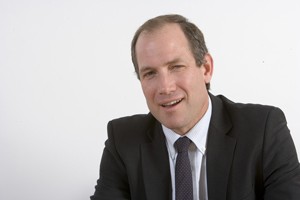 Nick Brown works at London-based Lloyd’s Register as the Marine Communications Manager, responsible for promoting and protecting the interests of Lloyd’s Register’s Marine business.
Nick Brown works at London-based Lloyd’s Register as the Marine Communications Manager, responsible for promoting and protecting the interests of Lloyd’s Register’s Marine business.
Nick has worked in the shipping industry for 20 years: for the Wallem Group (where he was a commercial trainee, Wallem Representative in Bangkok and Saigon and Investment Executive in Hong Kong); for INTERCARGO as Manager in London; and as a Director at the shipping crisis specialists, MTI Network.

 Join The Club
Join The Club






